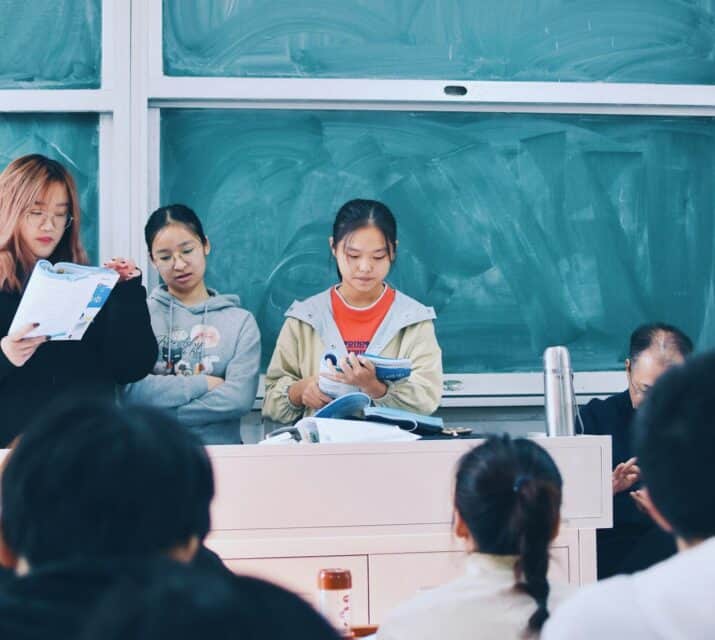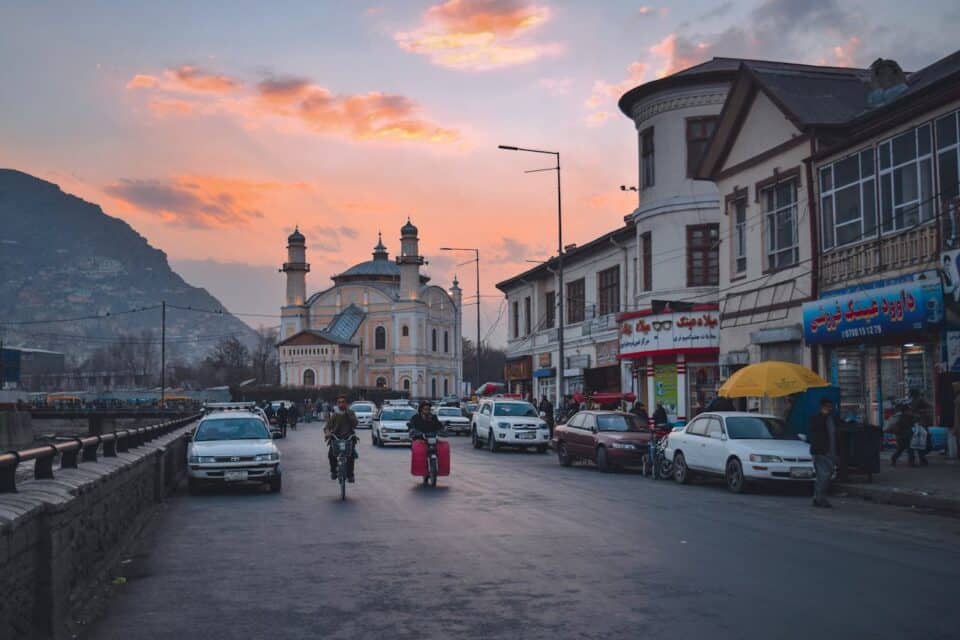An ongoing marking boycott could prevent international students from staying in the UK once they graduate, a leading university has warned.
In a joint statement, Cambridge University and the Cambridge branch of the University and College Union, warned that academic strikes could mean that international students are unable to apply for post-study graduate visas on completion of their course.
“It is regrettable that the national pay and conditions dispute has reached a point whereby a marking and assessment boycott has been called,” the statement reads. “Very sadly, and as things stand, it is likely to have a significant impact on students at Cambridge, and across the country.”
The UCU’s marking and assessment boycott started in April as part of a dispute over pay, and has seen staff who are members of the union refusing to mark assignments, invigilate exams and set assessment questions, among other strike action.
Some students have been told their already-completed dissertations may not be marked.
International students, who have to meet certain academic requirements to fulfil their visa conditions, face even greater uncertainty. The PIE spoke to some of these students, who wish to remain anonymous.
One student from Saudi Arabia, who receives sponsorship from the Saudi government, said the boycott could complicate his scholarship.
He is required to report his grades to his sponsor on the day they come out, which is also the day his scholarship ends, but the marking boycott could delay this.
“It is not easy to explain this situation to my sponsor”
“Failing to provide the grades before that specified date could cause me to miss out on some payments that I’m entitled to for successfully graduating within the specified period,” he said.
“Also, delaying the grades could lead the sponsor to believe that the delay was caused by me, which would lower my chances of getting a scholarship for the MSc degree I planned.
“Finally, it is not easy to explain this situation to my sponsor, they have a lot of regulations and rules and making an exception is difficult.”
“I feel betrayed,” he said, adding that he no longer wishes to pursue an MSc in the UK.
Another international PHD student said her annual progress review, which doctoral students attend at the end of the academic year, had been put on hold because of the strikes.
“What technically that means is that you can’t advance,” she said, adding that APRs are meant to be completed in June. She was unsure what happens if it does not take place by then and whether she would still technically be a student and eligible to receive a stipend. The university has not clarified this with students.
“I’m kind of angry,” she said, adding that she supported the strikes and felt the university should do more to resolve them.
Other students said they were concerned about their ability to apply for a post-graduate visa if their grades or graduation are delayed.
The issue was discussed in Scottish parliament on May 18. Graeme Dey, SNP minister for Higher and Further Education, said universities are “putting in place appropriate mitigations to minimise disruption to studies”.
“I would expect that to include mitigations for international students, which are currently being worked up,” he added.
Multiple universities have said they have put mitigations in place to minimise disruption to students, including awarding marks based on students’ previous assessments.











